Cause of Adelaide ‘fish death’ at SARDI’s West Beach Institute a mystery due to water testing blunders, official review finds
An ‘irritant’ is being blamed for killing hundreds of thousands of fish at a taxpayer-funded Adelaide science lab, but testing failures mean the cause remains a mystery.
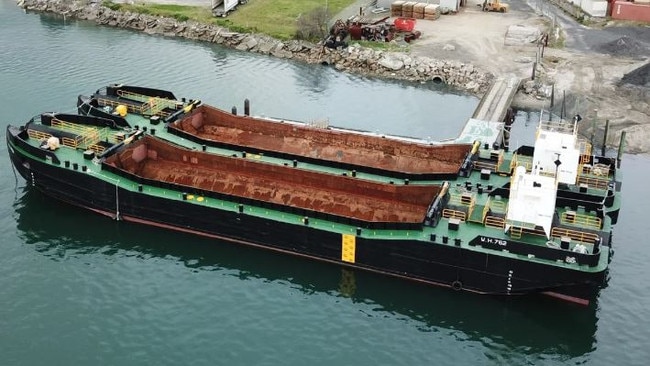
SA News
Don't miss out on the headlines from SA News. Followed categories will be added to My News.
Seawater “irritants” are blamed for killing hundreds of thousands of fish at a taxpayer-funded Adelaide scientific laboratory but a cause could not be proved due to water testing blunders.
The flagship South Australian Research and Development Institute at West Beachand an adjacent fish nursery suffered “catastrophic” losses last year.
Authorities investigated why more than 200,000 snapper fingerlings, almost three quarters of the state’s research oyster splat and scores of baby barramundi mysteriously died.
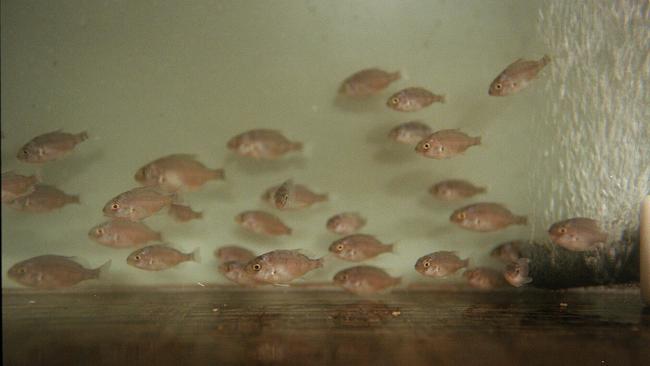
But an official review published late on Friday, failed to conclusively pinpoint a cause, in part because of blunders to secure proper seawater samples for at least a month.
“It is likely that the early and vulnerable (species) in the hatchery had an acute and short-term exposure to a dissolved contaminant in the seawater intake that led to increased mortalities,” the 103-page report found.
“The cause … cannot be conclusively established at the present time based on available evidence, as water quality data coinciding with the mortality is lacking.”
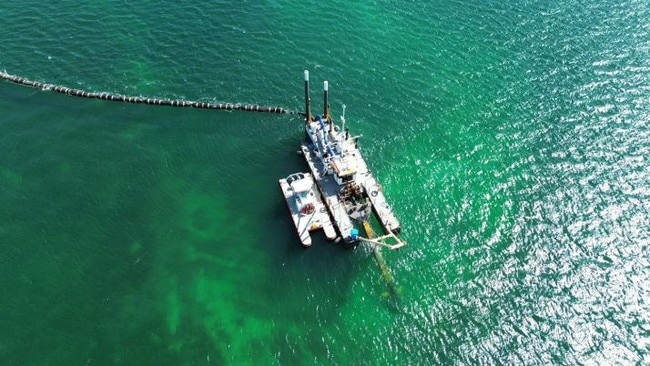
Poor water quality, the inquiry found, could be from stormwater run-off, Glenelg Wastewater Treatment Plant effluent, sand “re-mobilisation” or algal blooms.
Investigators found “no direct evidence” to blame the Environment Department’s $20.7m mechanical beach dredging trial.
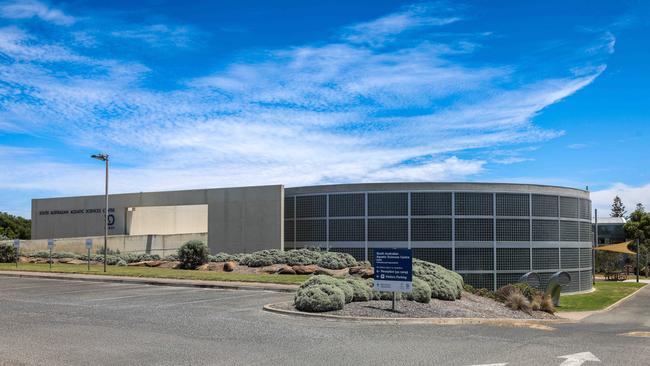
SARDI, which the Primary Industries department operates, has overhauled rules.
Officials will collect at least 2L of seawater with biological tissue “when the earliest signs” of death occur. Special water pipe quality sensors, with alarms, will also installed.
Investigators “examined multiple lines of evidence” in pathology reports, sand dredging, water quality data and oceanographic analysis.
Oyster spat were found with various problems “potentially the result of several environmental irritants” including copper toxicity, toxic algae, and decreased salinity.
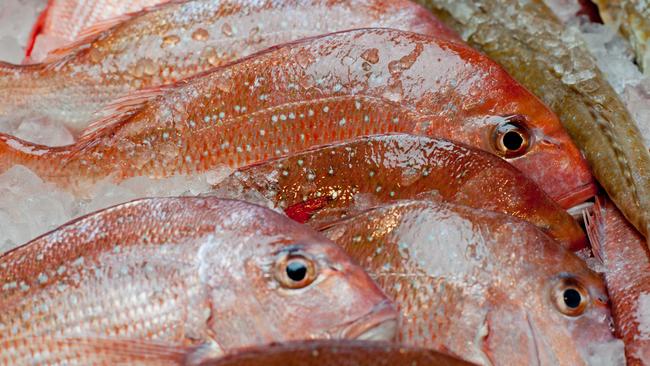
But while the first deaths were reported between October 14 and November 8, water quality testing failed to occur until November 19.
More deaths were reported on December 8. Local “sand replacement” occurred from October 3.
Opposition spokeswoman Nicola Centofanti said the investigation “raises more questions than it answers” as she criticised key data not being collected.
Primary Industries Minister, Clare Scriven – who has come under opposition fire for not conducting an “independent” investigation – said the deaths were “unfortunate and disappointing for all involved”.






